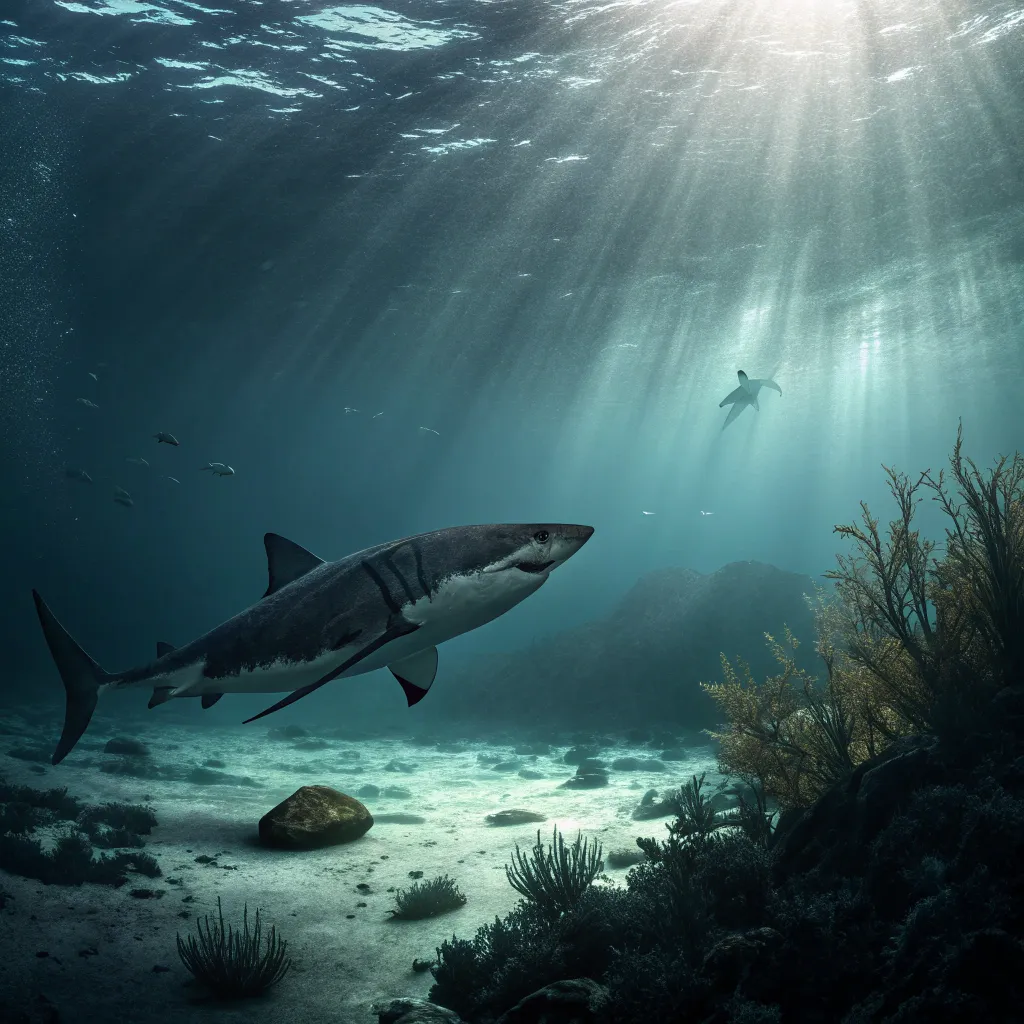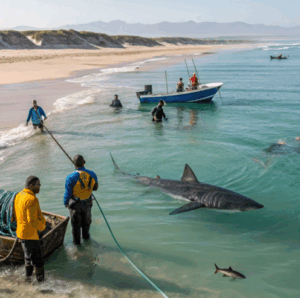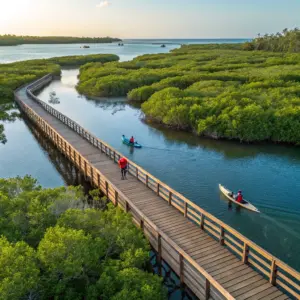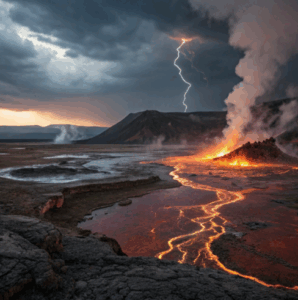False Bay Without White Sharks: A Warning from Nature
For decades, False Bay, South Africa—a 980 km² marine habitat—was ruled by great white sharks, apex predators vital to marine balance. But since 2018, they’ve vanished. Now, we’re witnessing the true ecological cost.
Why It Matters
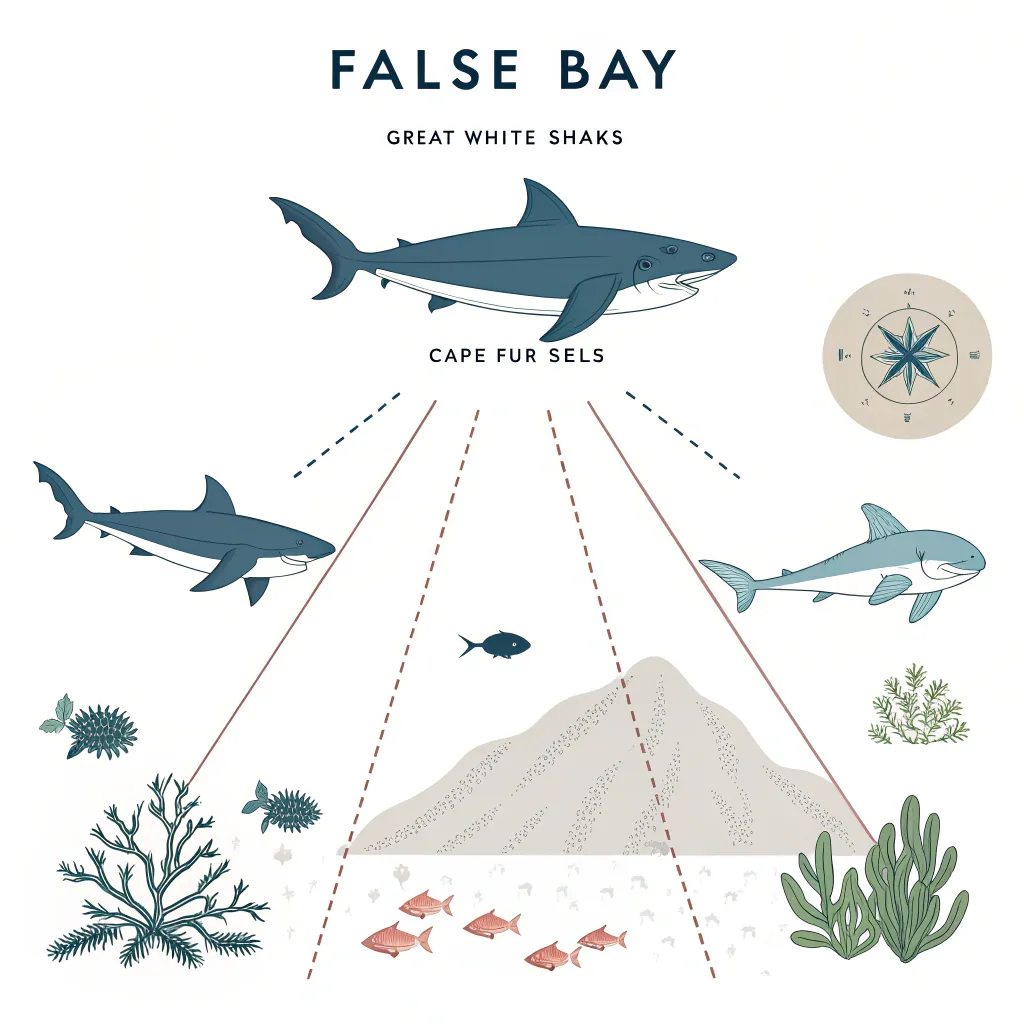
Losing white sharks triggered a ripple effect across the food web:
- 82% drop in shark sightings between 2016–2020
- Cape fur seal sightings up 520%—with wider coastal spread
- Sevengill sharks suddenly booming where they were once rare
- Stress and behavior shifts observed in prey species
- New predator-prey dynamics reshaping the ecosystem
The collapse wasn’t gradual. It was swift—and it changed everything.
What’s Behind the Disappearance?
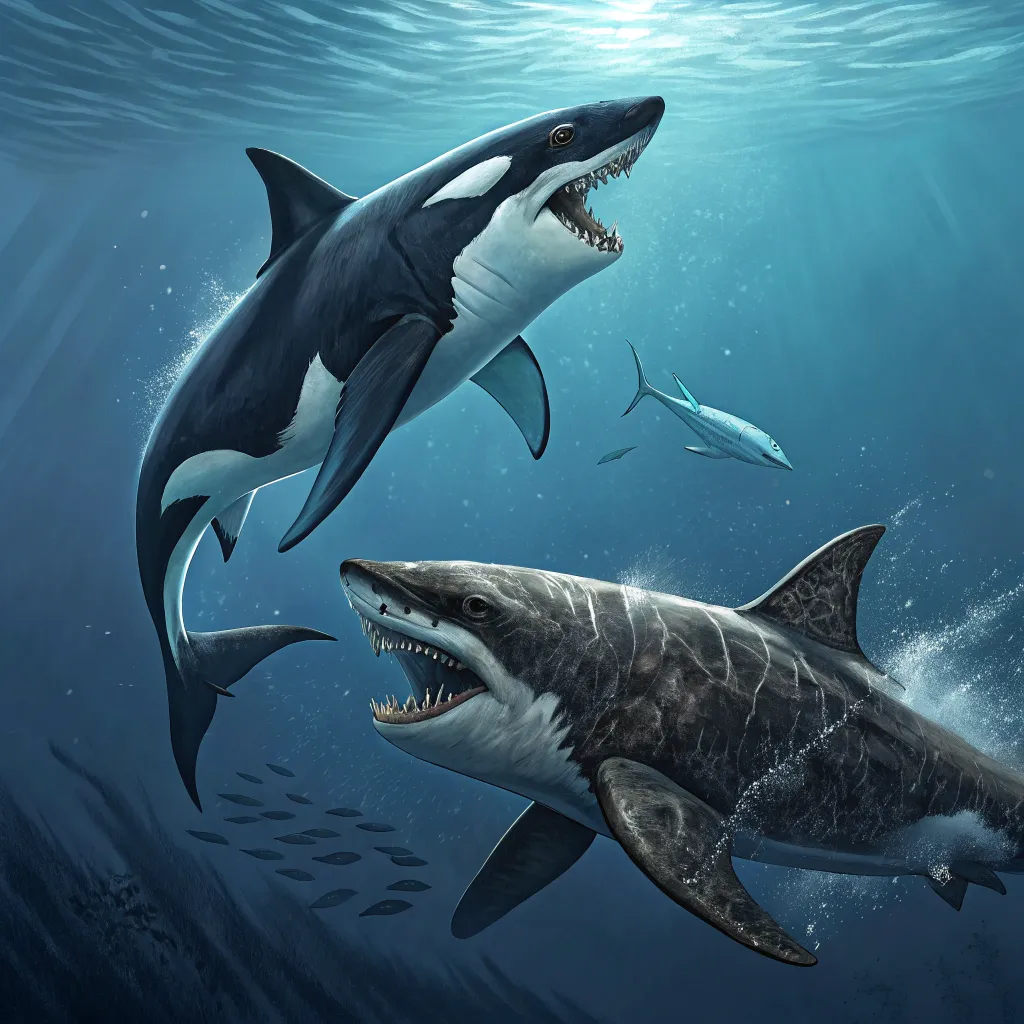
Two possible drivers:
- Targeted orca attacks: Groups of orcas began hunting sharks, removing their livers with surgical precision
- Shark control programs: Human interference through culling and nets may have accelerated the loss
Either way, the outcome is clear: Apex predators gone. Ecosystems unbalanced.
Long-Term Data, Real-World Impact
With over 20 years of field surveys, this study offers rare insight into how ecosystems respond when their top predator disappears.
Key Findings:
- Predators like white sharks shape not just diets—but entire food chains
- The effects cascade down: from seals, to smaller sharks, to fish stocks
- The ecosystem is now being reshaped by new dominant species, like sevengills
Why This Research Matters
Understanding predator loss is vital for:
✅ Marine conservation strategies
✅ Sustainable fisheries management
✅ Predicting ecosystem instability elsewhere
False Bay is now a living case study—and a cautionary tale.
The Wider Impact of Losing Great Whites
False Bay is just the beginning.
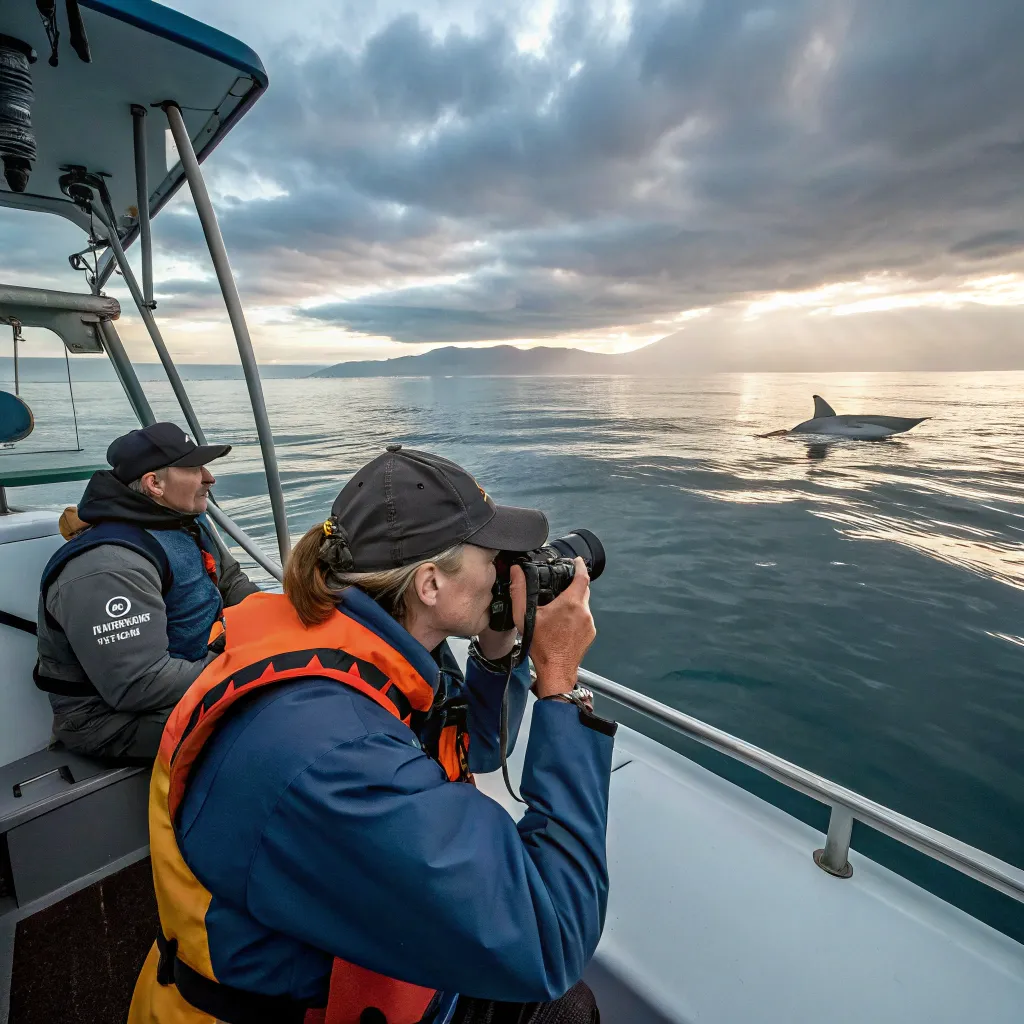
Across global oceans, the loss of apex predators like white sharks can unleash unpredictable consequences:
- Ecosystem collapse: Without sharks, prey species can overpopulate, leading to habitat degradation.
- Biodiversity loss: Sensitive species struggle to adapt to rapid shifts in predator-prey dynamics.
- Economic threats: Fisheries and ecotourism industries that rely on healthy marine life face instability.
In regions from the North Atlantic to the Pacific coasts, similar patterns are emerging. False Bay offers an urgent preview of what could happen worldwide if apex predators continue to decline.
Understanding Apex Predator Roles
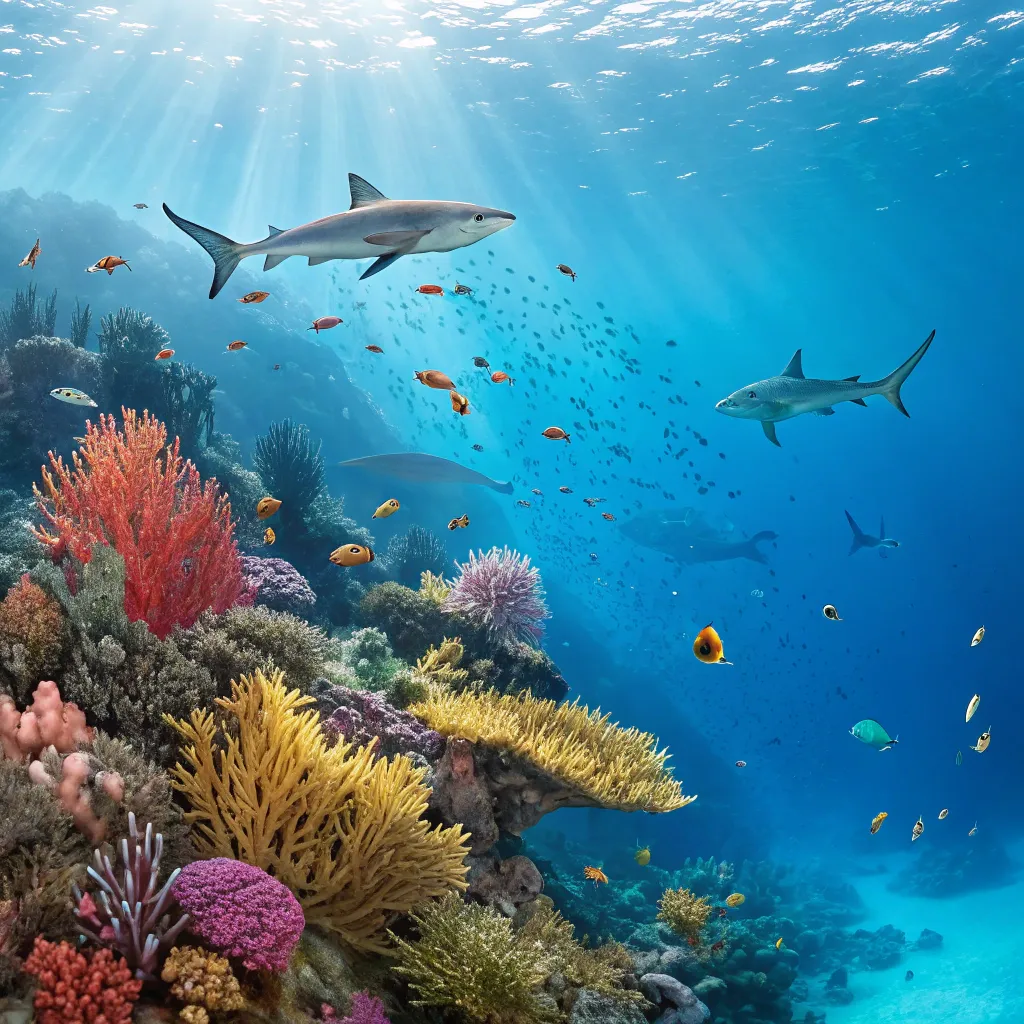
Sharks do more than hunt. They maintain marine balance by:
- Regulating prey species
- Preventing overgrazing of vital habitats (like kelp forests and coral reefs)
- Supporting biodiversity by controlling mid-level predator numbers
Without them, oceans lose their natural checks and balances, risking long-term ecological collapse.
Protecting Our Oceans Starts at the Top
Today, great whites in South Africa are classified as vulnerable by the IUCN Red List. Protecting apex predators means protecting the entire ocean ecosystem.
Our mission:
- Raise awareness about the invisible impacts of predator loss
- Promote marine research and long-term ecosystem monitoring
- Support science-based conservation efforts to protect shark populations

